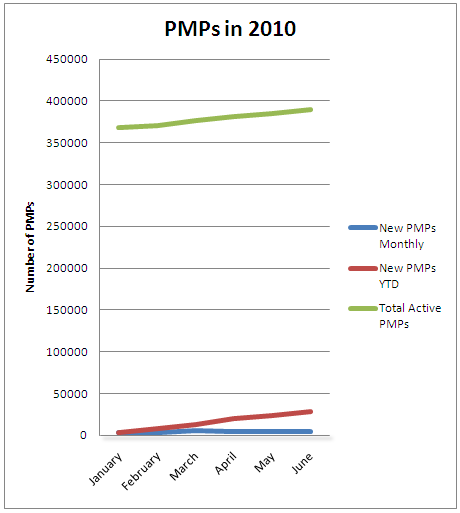Upon reading a piece featured on PM Hut, Certifications Don’t Make Project Managers, I was compelled to comment...twice. So, what's the short story? I've been reading more and more articles from people who seem to be down right hostile toward the Project Management Institute (PMI). Richard Morreale, the author of the article, wrote
The Project Management Institute (PMI) and the Association of Project Management Group (APMG) are two of the biggest reasons that projects fail.
Dr. PDG added
In short, IMPO, PMI and to a lesser degree, APM and APMG have become nothing more than the AMWAY or Mary Kay Cosmetics of the project management world
Here's the long story. I enjoyed the article, to include the comments from the likes of Robert Kelly, PMP and Dennis Stevens (fellows I admire). I'll admit, I've been getting a little incensed recently after hearing stories of people who appeared to have gamed the system and got certification with no real education or experience other than a PMP boot camp. But, most of this is hearsay. I have been approached by people, asking for my help, who want the certification for no other reason than to bolster a résumé. I do believe these cases are extremes and hopefully isolated incidents.
Based on your motivations and character, the outcomes of getting your certification can be completely different. I got my certification because, at the time, I thought it was the only way I would be taken seriously. I was dealing with a stakeholder who was being completely unreasonable. She had a PMP and ignored everything outlined in the PMBOK. Clearly, she had her own agenda. Mine was a quest for knowledge in my profession and to hone my skills as a project manager. This quest has exposed me to several different approaches, to include Scrum and Kanban. I think I am a better project manager than I was several years ago because I am receptive to new ideas and approaches and don't necessarily walk around preaching one as PM dogma.
So, where am I going with this? I think if your mind is open to it, you can learn a lot from preparing for the PMP exam. I also think you can learn a lot from taking a level 400 class in Project Management at a University. But, you have to be motivated by the desire to learn and satisfy your customer's wants and needs. Don't think a certification will get you that dream job or make you a PM expert. It will come back and bite you. Sometimes being a PM means working on a project with specific knowledge area focus. But sometimes you will be exposed to full lifecyle management, dealing with every process group. Either way, it's not all textbook.
I think Dennis Stevens put it very well in his comment:
a PMP is like a recent college grad, a medical resident, or a 16-year old who just got their license. They have some situational awareness from having participated in projects, have been educated in the fundamentals and share a common language. But they are not prepared to be CEO of a business, an emergency room surgeon, or a cross country truck driver.
Some will argue that guns don't kill people, people kill people. Just the same, PMI and APMG don't cause projects to fail. Sometimes it's the PM, sometime it's the customer, and sometimes it's something that wasn't on your risk register and should have. The noble thing to do is to try to fix the problem. Mentor an associate PM. Give a talk on your area of expertise. Tell people how you failed on a project so they don't make the same mistake. I think if we all put forth a little more effort, in helping each other become better project managers and leaders, the results could be transformative.


